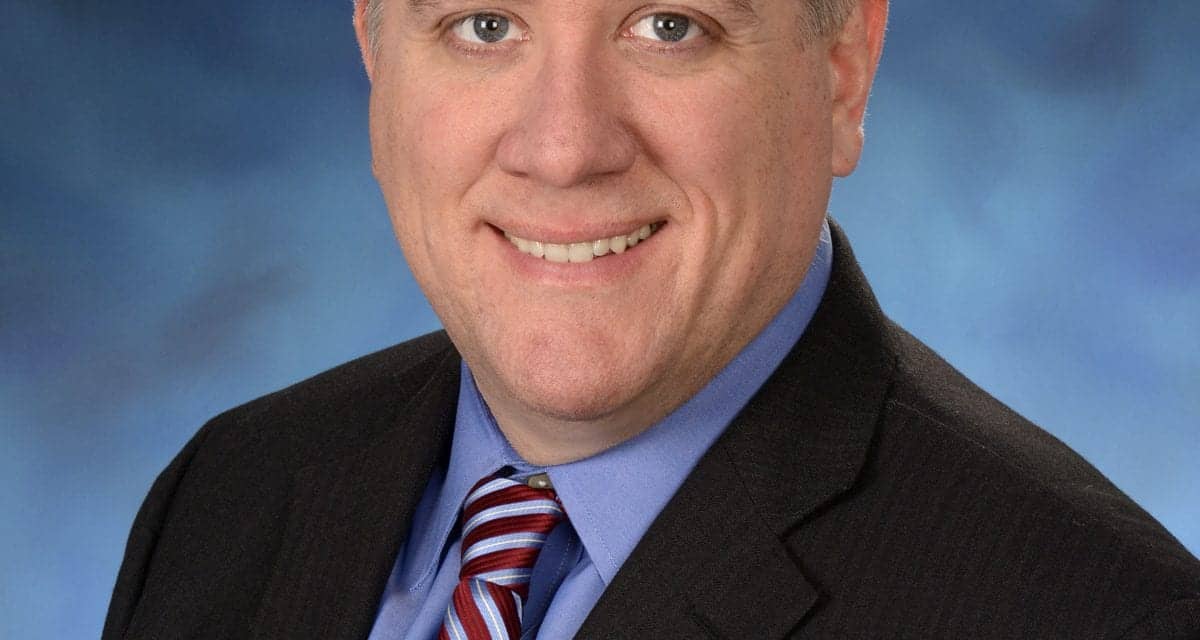Emerson Wickwire, PhD, shares strategies for getting enough sleep with readers of the Baltimore Sun.
Is taking melatonin safe in the short term and the long term? What are other therapies?
Melatonin is a sleep-related hormone that tells our brain that it’s dark outside. Early in the night, this is related to sleep onset, and in the morning, melatonin levels decrease as our sleep period ends. The fact is, though, that melatonin does not make us sleep. So even though melatonin is sold everywhere from the pharmacy to the gas station, if you’re having general trouble sleeping, melatonin is almost certainly not your answer. In terms of safety, in the U.S., melatonin is not regulated by the Food and Drug Administration, so you’re never 100 percent certain what you’re actually buying. That aside, the most common side effects are next-day grogginess (particularly at high doses), headache and mood disturbance. Melatonin can also cause nightmares or vivid dreams. But it’s generally considered safe, and people take it all the time. I recommend a pharmaceutical-grade melatonin, but patients are often surprised by our recommendations for timing and dose.
When we treat circadian rhythm disorders — for example, shift work disorder and delayed sleep phase syndrome (staying up too late and having a hard time waking up), two common problems of circadian misalignment — we employ strategies that leverage light, behavior and frequently melatonin to help reset the body’s clock and ensure adherence to the new schedule. We sometimes use medication, but we always employ a patient-centered approach.


